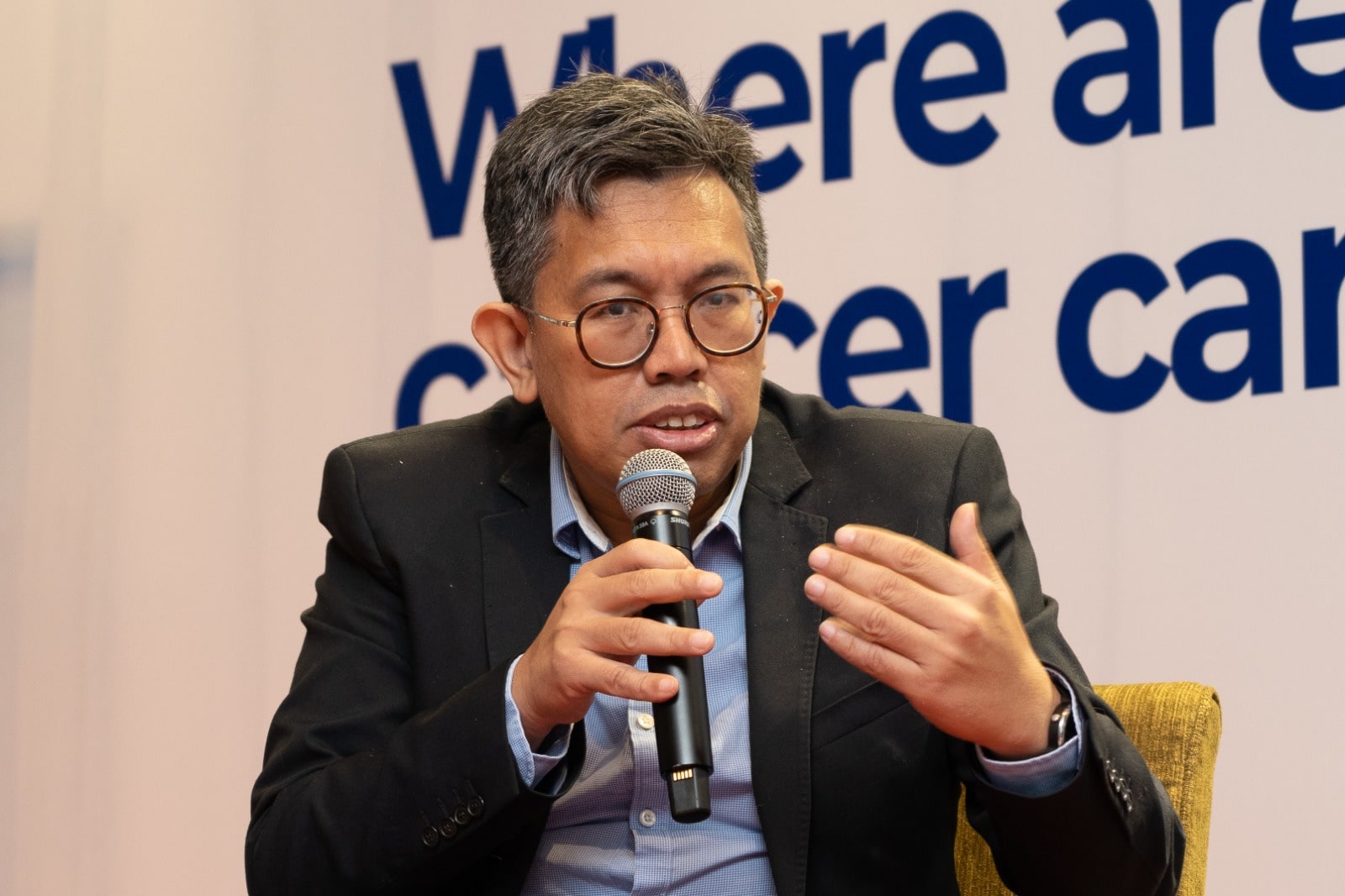With the failure of the government to table the Control of Smoking Products for Public Health Bill 2023 for second reading, debate, and passage in the recent Dewan Rakyat meeting, the fate of this piece of critical legislation is now uncertain.
Despite the bill being referred to the Parliamentary Special Select Committee on Health currently chaired by former Health Minister Dzulkefly Ahmad, those who work with the issue of tobacco control are no longer confident that the proposed legislation, in its current form, will be even debated, much less passed into law.
It was revealed in the Dewan Rakyat that members of the PSSC had not articulated a wish for the Bill to be referred back to the committee. The proposed legislation had in fact gone through two rounds of briefings for MPs previously, in March and June.
The government has seemingly done this referral on its own accord, delaying progress and baffling many, especially public health professionals.
Unless someone enjoys a spot of masochism, or there is a dramatic development in the level of support for this legislation, it is unlikely that this Bill will make another appearance in the august House.
The government seems to ignore the sense of urgency created by its own actions this year to remove liquid and gel nicotine from the scheduled substances list under the Poisons Act.
The latest data from the National Health and Morbidity Survey (NHMS) Adolescent Health Survey 2022 has revealed that while there has been a decline in the reported rate of smoking among teenagers and adolescents, there has been a significant increase in the prevalence of e-cigarette and vape use.
The overall prevalence of children aged 13 to 17 years currently vaping and using e-cigarettes rose from 9.8 per cent in 2017 to 14.9 per cent in 2022. A local study estimated that at least 600,000 children between the ages of 11 and 18 have already taken up vaping.
Malaysia’s rate of adolescents in this age range vaping has now exceeded those reported in several countries, including the United States.
These countries have described these conditions as “epidemics”. Malaysia’s Ministry of Health in its Adolescent Health Survey 2022 has described the emergence of e-cigarettes and vape as a “public health threat”.
With the totally unregulated and unrestricted sales and marketing of vape and e-cigarettes created as a result of the nicotine exemption, these numbers are expected to worsen.
So why is the government ignoring its own data and evidence, and not urgently putting together plans to plug this gaping loophole? It was even stated last week that there was no timeline for the Bill.
For how long will this situation of unregulated, unrestricted availability of high nicotine vape and e-cigarettes being sold to children and minors be allowed to exist?
It is unrealistic to expect that these industries should self-regulate. We are already seeing widespread indiscriminate promotion and targeting of teenagers and young people as new customers for high nicotine vape and e-cigarettes.
A new generation of people are becoming addicted to nicotine, and it is likely that the exemption order will accelerate these numbers.
It is clear that we cannot depend solely on the government to do what is right. We must look to ourselves.
Civil society must wake up to the emerging epidemic of vape and e-cigarettes among children and adolescents in Malaysia. Young people are increasingly appearing at quit smoking clinics desperately looking for help, wanting to be treated, to be cured of nicotine addiction.
Organisations working with children, parents and on education have so far largely remained either quiet, uninterested, or apathetic towards this issue. Where are the voices of parents, teachers, and school officials in this discussion, which has been dominated by health care professionals and industry representatives?
If elected representatives and public officials are not paying attention, it is because their constituents are not raising their voices in concern.
This is disappointing and must change.
As it was previously with tobacco, our children and youth will pay the price for our reluctance to act and indecisiveness. We must commit to decisive measures and enact regulations to immediately prevent the sale of these products to those below 18 years of age.
Azrul Mohd Khalib is the chief executive of the Galen Centre for Health and Social Policy.
- This is the personal opinion of the writer or publication and does not necessarily represent the views of CodeBlue.






